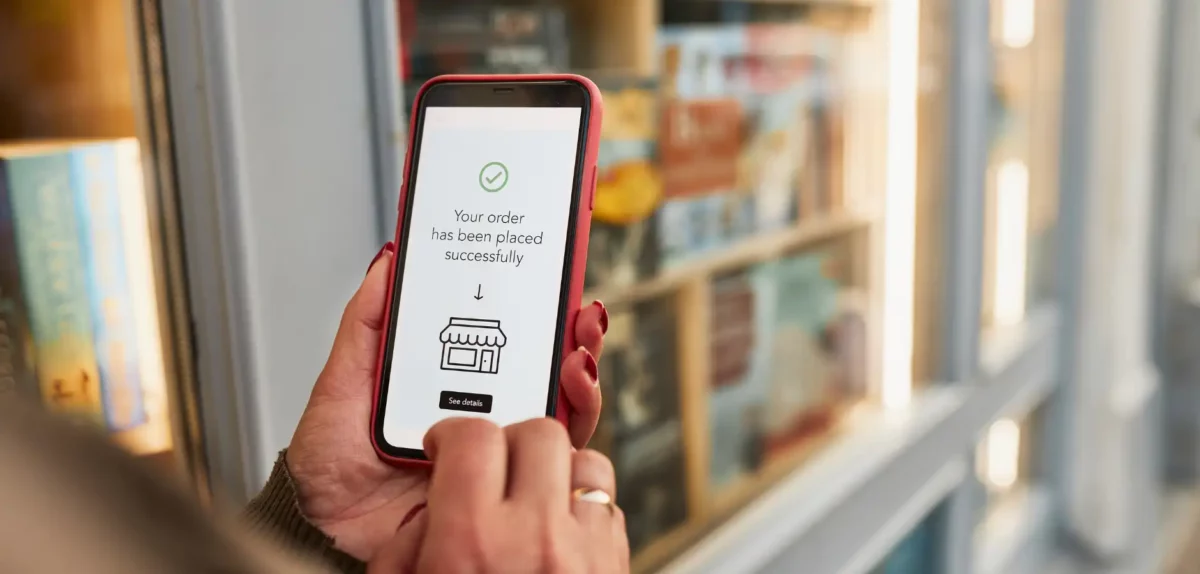Latest blogs
View allDiscover expert insights, actionable strategies, and success stories that can help you optimize your partnerships, drive growth, and achieve better outcomes.
Successful partnerships are the cornerstone of growth and innovation. Gain the insights and strategies to help you build and maintain high-performing partnerships. Learn from real-world examples and discover how businesses like yours have achieved remarkable success by leveraging our solutions.

Blog
How to increase affiliate conversions: 5 research-backed strategies for content creators (2025)

Blog
How to pay content creators in 2025: 7 proven payment methods that drive results

Blog
Content creator affiliate strategy: How Charlie Chang hit 80% affiliate income with searchable video content

Blog
Brand partnerships guide: 6 types, benefits, and how to find partners

Blog
Evaluating influencer performance in 2025: 3 ways brands can optimize ROI through real-time tracking

Blog
How publishers and brands can tap into Reddit affiliate marketing to build strong community engagement

Blog
Partner marketing examples: 12 proven strategies to grow your brand in 2025

Blog
The three dimensions of partnership marketing: PartnerCentric’s blueprint for combining affiliates, creators, and advocates
Editors picks
FEATURED SERIES
Ultimate guides: Everything you need to know
Dive into our comprehensive guides, crafted to give you all the knowledge and tools you need to succeed. Whether you’re new to partnership management or looking to refine your strategy, these guides cover everything from establishing effective collaborations to optimizing performance.

Blog
The ultimate guide to influencer marketing in 2025

Blog
The ultimate guide to B2B SaaS affiliate marketing: how partnerships boost revenue, business growth, and customer reach

Blog
The ultimate guide to partnership marketing

Blog
Ultimate guide to commerce content maturity for publishers

Blog
Ultimate guide to affiliate marketing in financial services

Blog
Ultimate guide to affiliate marketing

Blog
Ultimate guide to lead generation fraud

Blog
Ultimate guide to commerce content
Influencer marketing is a powerful way to amplify your brand’s reach and outcome. At impact.com, we showcase stories of successful influencer partnerships that have driven significant results. Learn how brands collaborate with influencers to create authentic connections with their audiences, enhance engagement, and achieve measurable growth.

Blog
How to increase affiliate conversions: 5 research-backed strategies for content creators (2025)

Blog
How to pay content creators in 2025: 7 proven payment methods that drive results

Blog
Content creator affiliate strategy: How Charlie Chang hit 80% affiliate income with searchable video content

Blog
Brand partnerships guide: 6 types, benefits, and how to find partners

Blog
Evaluating influencer performance in 2025: 3 ways brands can optimize ROI through real-time tracking

Blog
How publishers and brands can tap into Reddit affiliate marketing to build strong community engagement

Blog
Partner marketing examples: 12 proven strategies to grow your brand in 2025

Blog
The three dimensions of partnership marketing: PartnerCentric’s blueprint for combining affiliates, creators, and advocates

Blog
Content creators and retail media: a new opportunity for brands to drive growth at retail
Featured series
Industry research: Keep up on the latest trends
Stay informed with impact.com’s first-party research, offering valuable insights into consumer behavior, industry data, and emerging trends. Our research helps you stay ahead, make data-driven decisions, and refine your partnership strategies.

Blog
How to increase affiliate conversions: 5 research-backed strategies for content creators (2025)

Blog
Cyber Week 2024: how top brands achieved 23% higher conversion rates through strategic partnerships

Blog
Prime Big Deal Days 2024: Increased transactions suggest a promising holiday shopping season

Blog
6 insights for publishers to maximize commerce content income this Cyber Week

Blog
Cyber Week 2024: Consumers plan to research early and spend more

Blog
5 key consumer trends driving retail and shopping in 2024

Blog
Prime Day 2024: Increased spend and higher conversion rates set new records

Blog
Mother’s Day 2024: 6 consumer trends to help retailers boost mid-year sales

Blog
Navigate 2024 with these 5 insightful consumer shopping trends

Blog
Cyber Week 2023 reveals how pre-purchase research and partnerships influence revenue

Blog
6 essential mid-year consumer trends for 2023

Blog
Prime Day 2023: 4 consumer insights for retailer success on Prime Day

Blog
Cyber Week research 2023: the biggest consumer behavior trends for this shopping season

Blog
Cyber Week benchmark report shows strong numbers for brands and publishers in retail